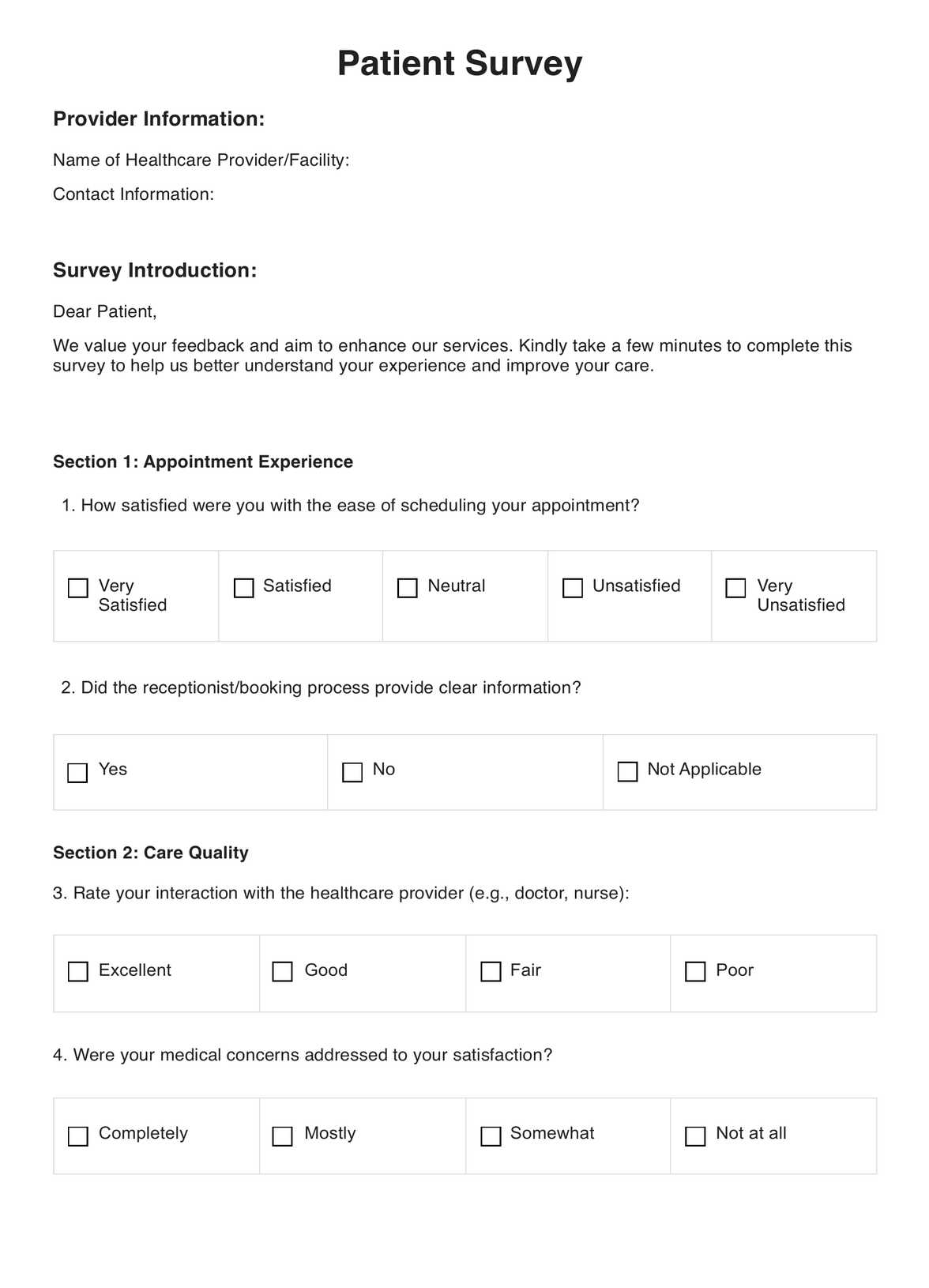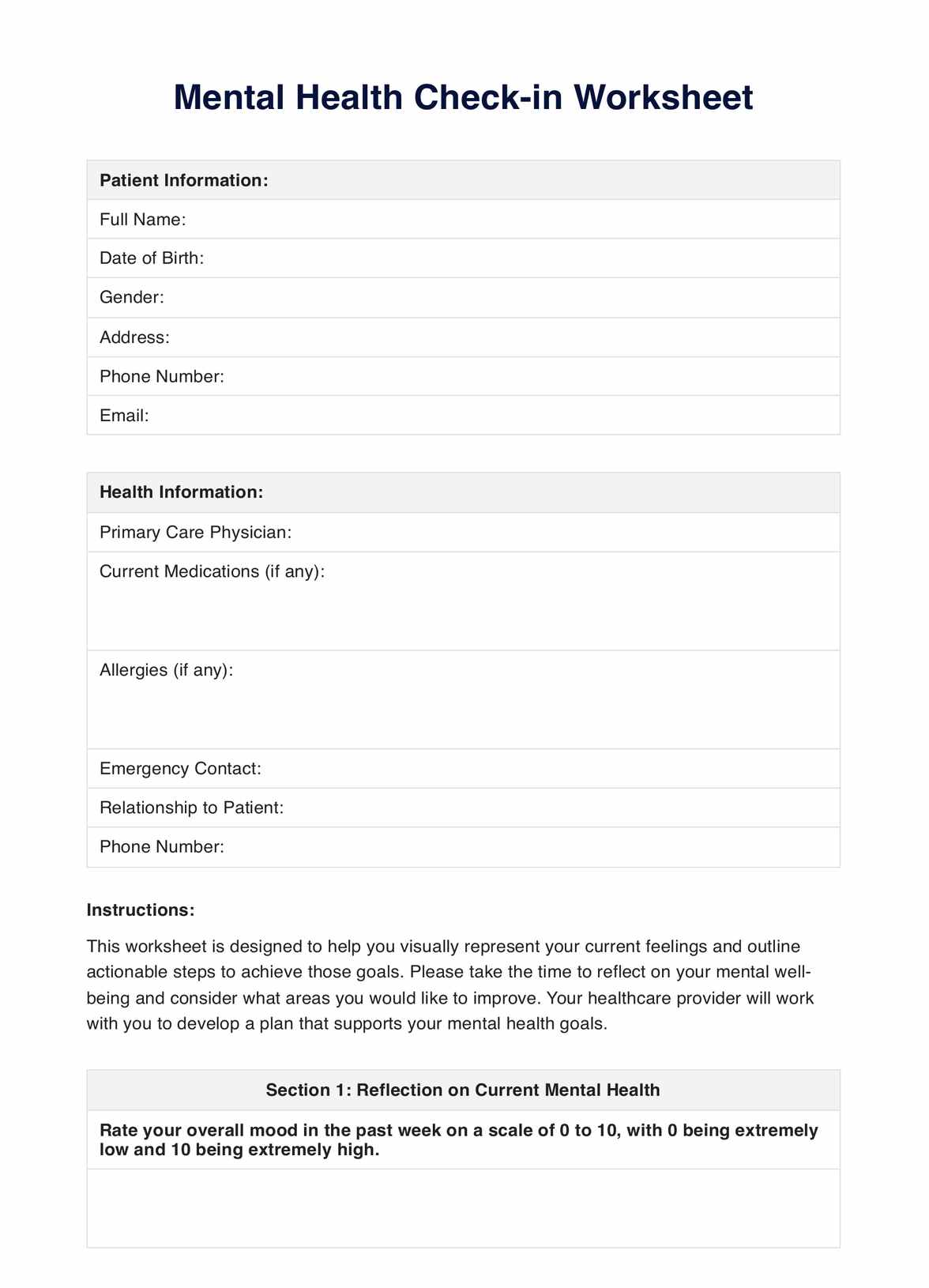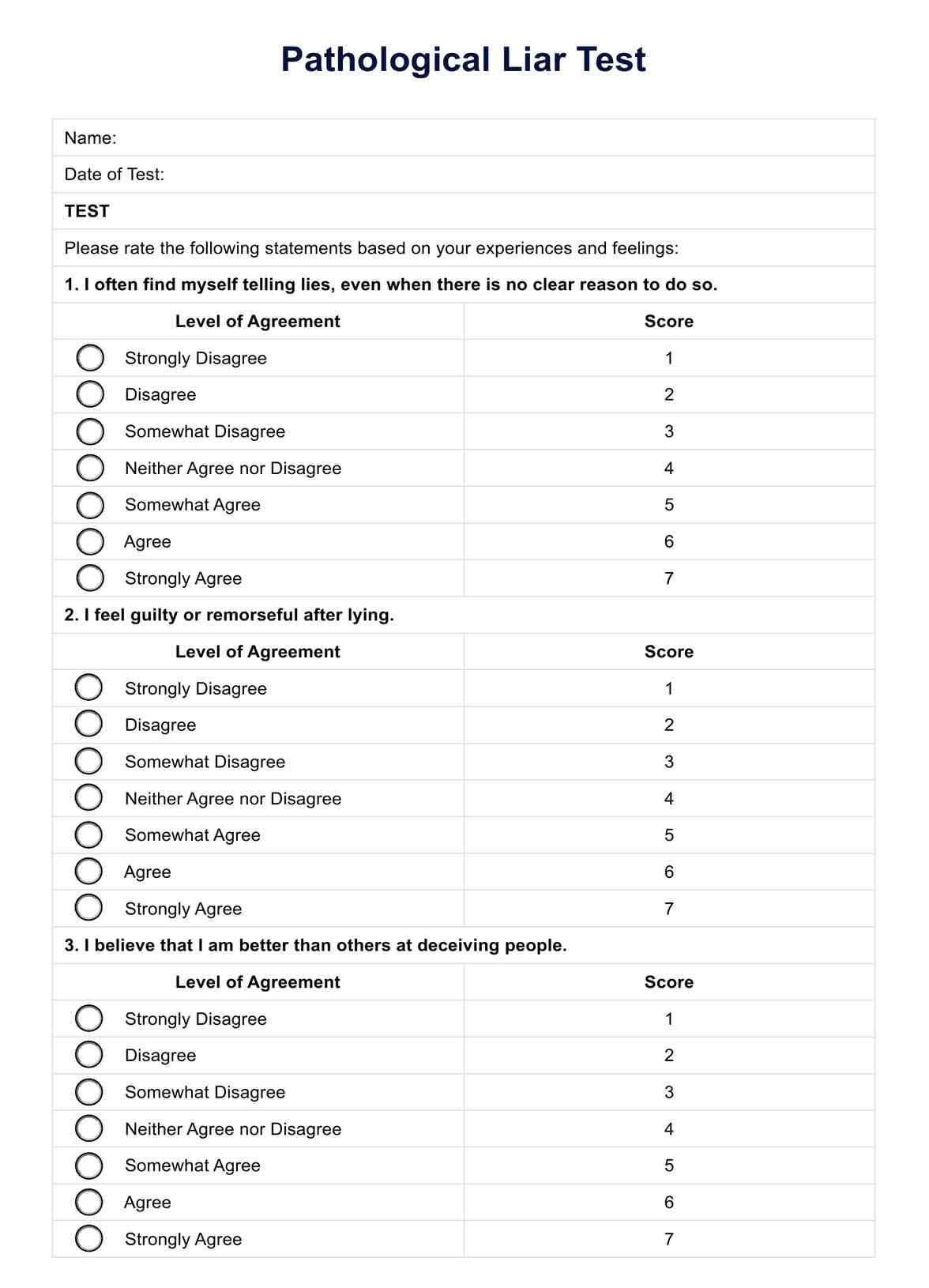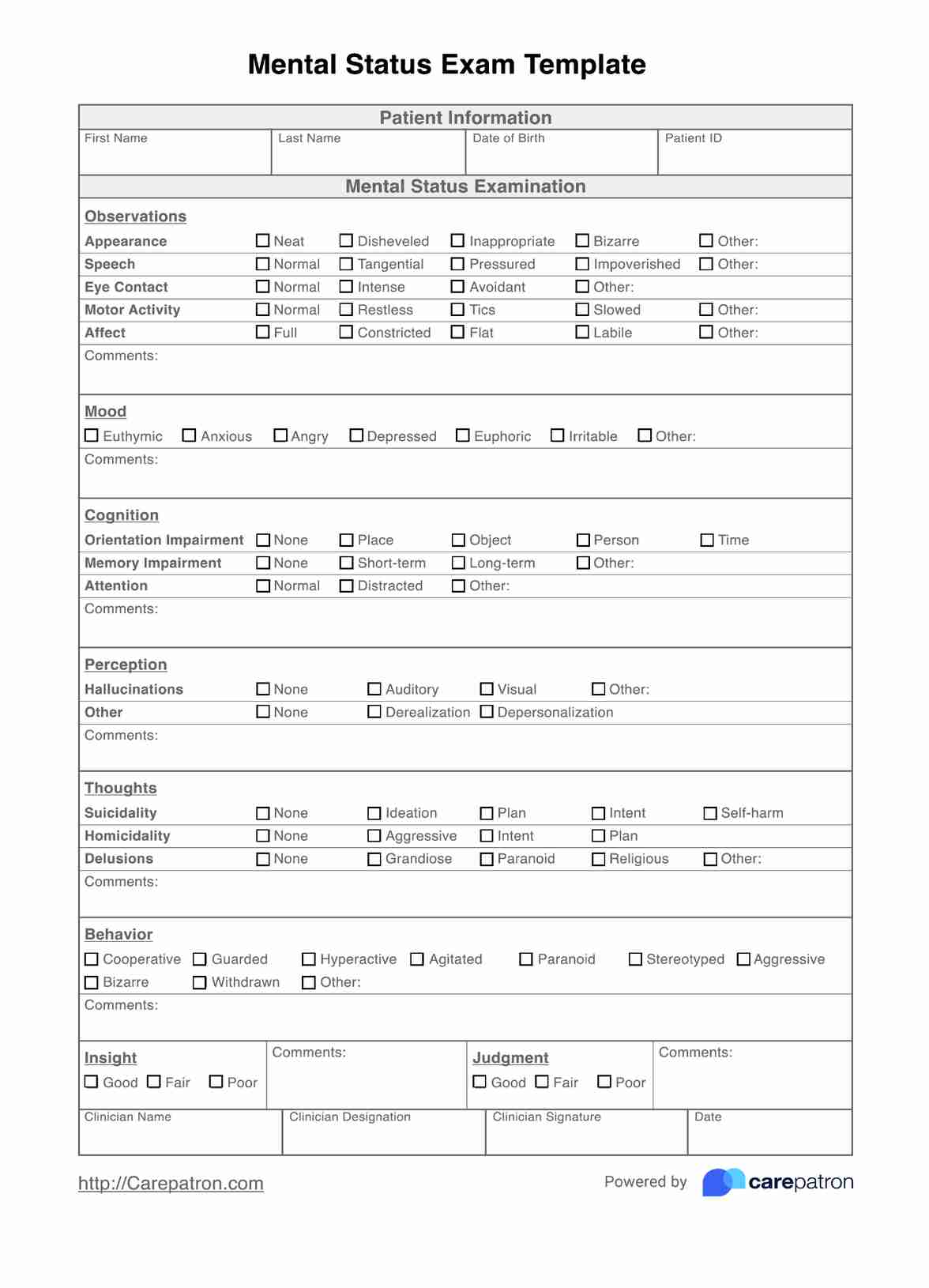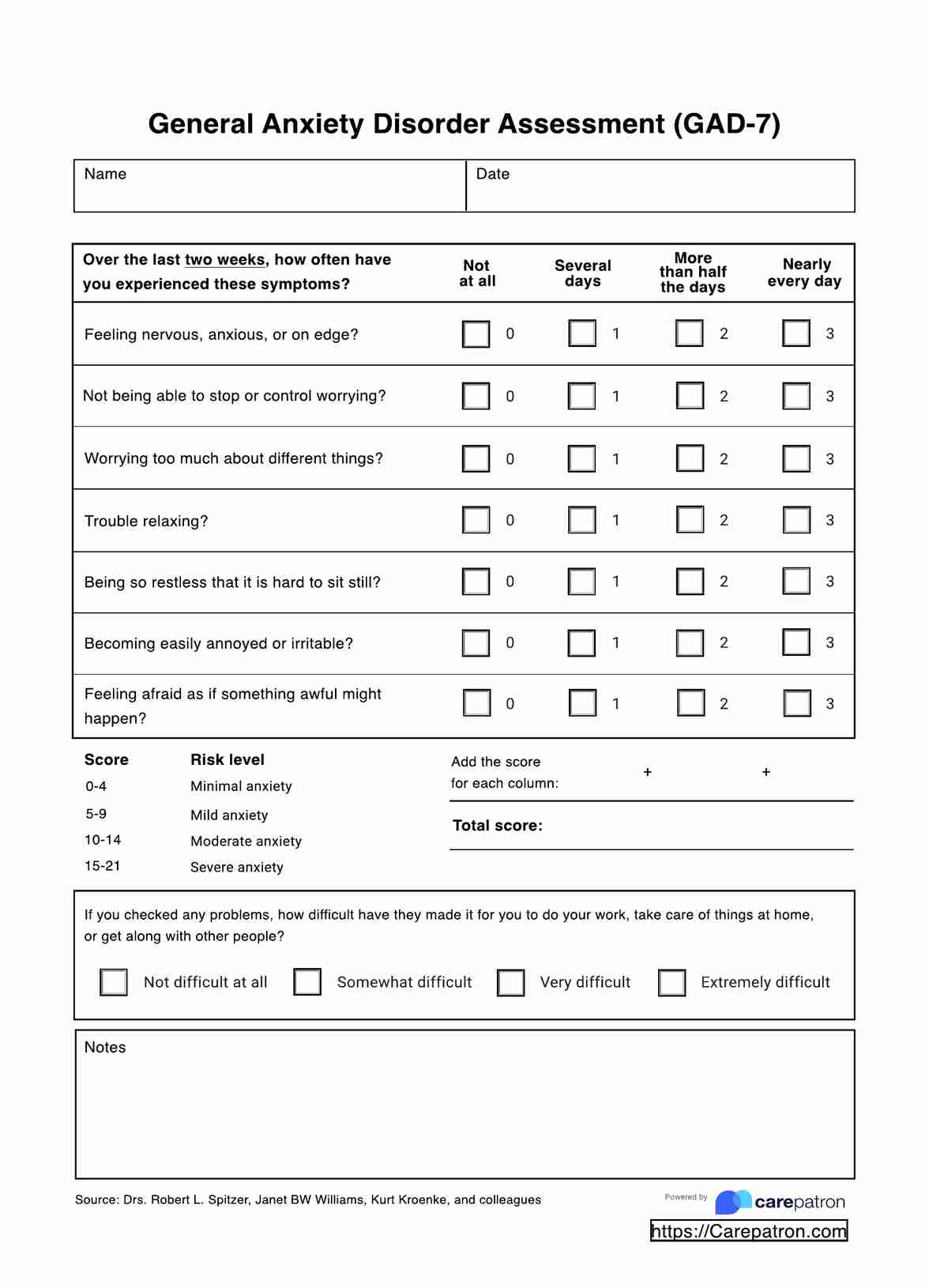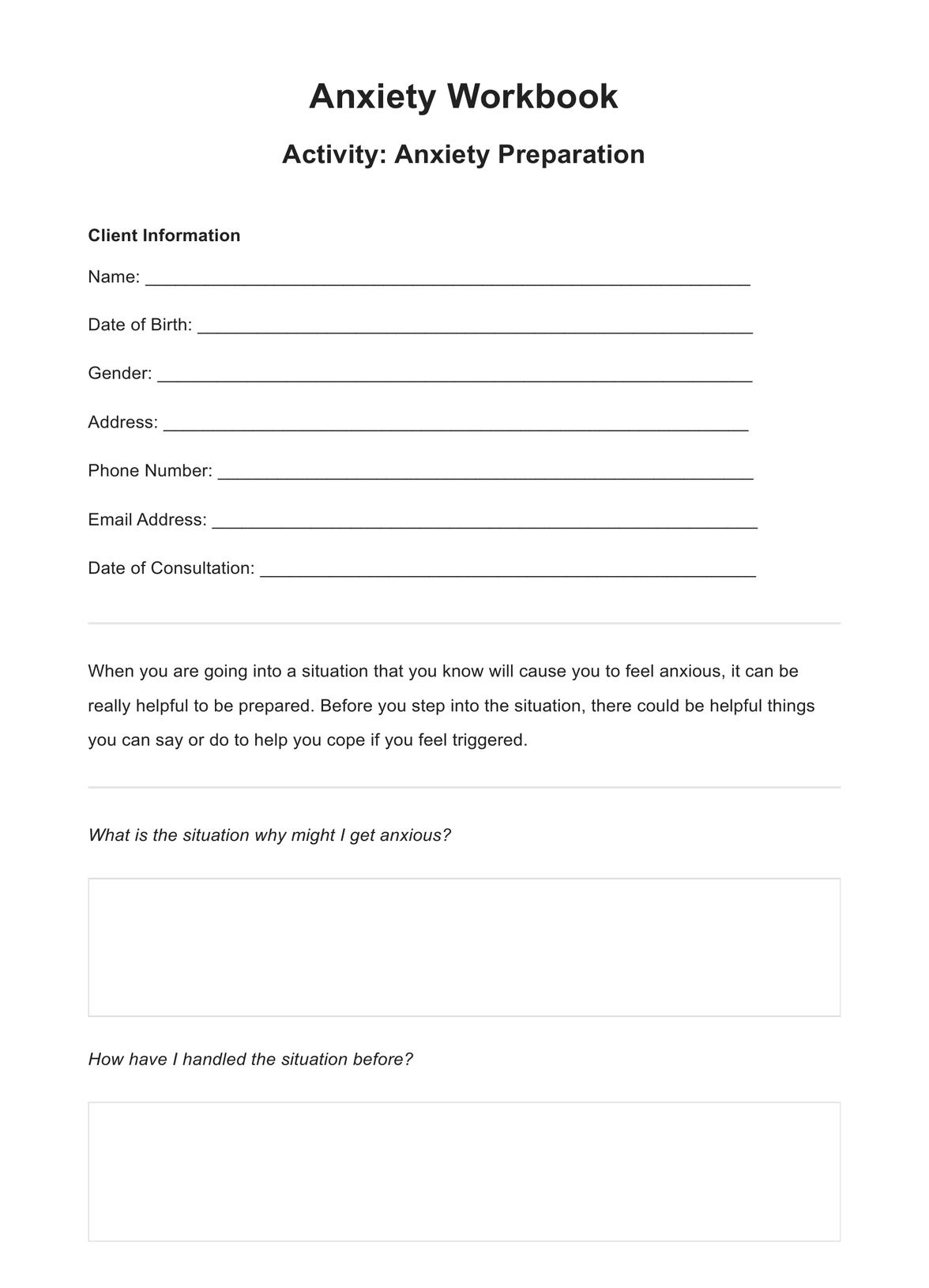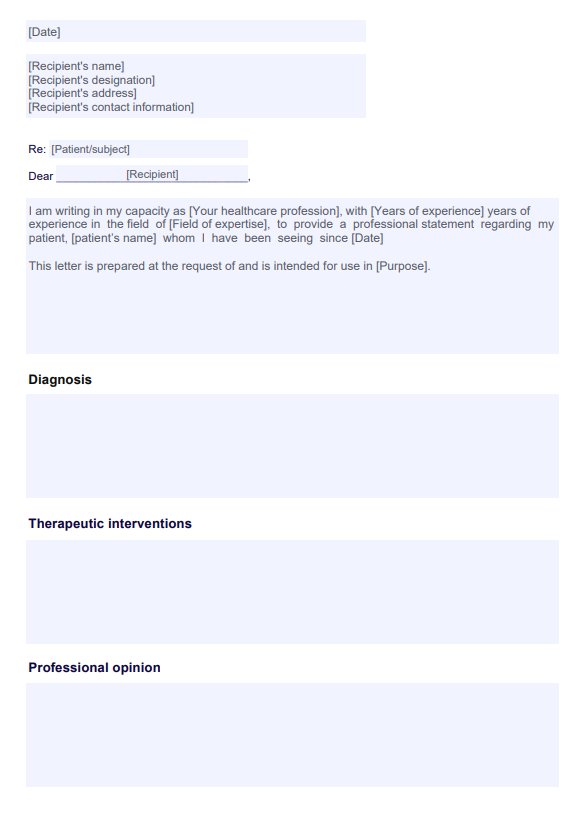Social Work Assessment Tools
Learn about comprehensive and effective social work assessment tools. Find how they can help streamline the assessment process in social work.


What are Social Work Assessment Tools?
Social work assessment tools are comprehensive resources that aid social workers in systematically evaluating and understanding a client's needs, strengths, and challenges. These tools are designed to gather essential information about a client across multiple dimensions, facilitating a complete and holistic understanding of the individual in their environment.
These tools are embedded in the biopsychosocial approach, a hallmark of social work practice, emphasizing the interconnectedness of biological, psychological, and social factors in a person's life. By exploring these three domains, social workers can gather data of the complexity on the client's experience and their interaction with their environment.
The tools also emphasize cultural competence by assessing the client's cultural background, beliefs, and experiences. This allows for an appreciation of the individual's unique cultural context, promoting culturally sensitive and effective interventions.
Social work assessment tools can take many forms, from structured questionnaires to narrative-based formats. They can be general or designed for specific settings or populations. For instance, school social work assessment tools are tailored to address the needs of children and adolescents within educational settings.
These tools also guide the process of goal setting and intervention planning, helping social workers and clients collaboratively determine the best course of action. By documenting this process, these tools record the present assessment and provide a roadmap for future interventions and evaluations.
The effectiveness of social work assessment tools lies in their structure and scope, guiding social workers through a thorough assessment process and providing a sound basis for intervention. With our free PDF downloadable social work assessment tools, practitioners can approach this important process more confidently and effectively.
Social Work Assessment Tools Template
Social Work Assessment Tools Example
How does it work?
Using a social work assessment tool is an important process that helps social workers understand their client's situations, strengths, and needs. This information is vital in designing an effective intervention plan. Here's a step-by-step guide on how to fill out the social work assessment template:
Step 1: Introduction and rapport building
Introduce yourself to the client, explain the purpose and process of the assessment, assure them of confidentiality, and address any concerns they might have. Make sure to create a welcoming and safe space for the client.
Step 2: Client's perception of situation
Ask the client to describe their situation and their reasons for seeking help. This step helps you gain insight into their perspective, which is crucial for the assessment. This supports in understanding the basic and complex needs of the individual.
Step 3: Biopsychosocial assessment
Gather information about the client's social, mental and physical health. This comprehensive overview will help you understand the full context of the client's life and challenges.
Step 4: Cultural assessment
During the assessment stage, it's important to explore the client's cultural aspects such as background, beliefs, and values. This information is important for ensuring that any interventions are culturally sensitive and appropriate.
Step 5: Strengths and resources assessment
Identify the client's strengths, resources, and resilience factors. These can be leveraged to support the client during the intervention phase.
Step 6: Risk Assessment
As apart of the evaluation process, assessing the client's potential risk of harm to themselves or others is important. If any risks are identified, appropriate safety measures should be implemented immediately.
Step 7: Needs assessment
Identify the client's unmet needs in physical and mental health, social support, housing, and employment. These needs will be addressed in the intervention plan.
Step 8: Goal setting
Work with the client to set specific, measurable, achievable, relevant, and time-bound (SMART) goals for the intervention. You can use our SMART Worksheet for this. The goals should be based on the findings from the assessment.
Step 9: Referral and intervention planning
Based on the goals set, develop an intervention plan or refer the client to other appropriate services. The intervention plan should be tailored to the client's needs and circumstances.
Step 10: Review and feedback
Review the assessment and intervention plan with the client and ask for their feedback. Make any necessary adjustments based on their input.
Step 11: Documentation
Document all the information gathered during the assessment in a structured, organized manner. Remember to follow confidentiality and data protection guidelines.
Step 12: Follow-up
Schedule a follow-up appointment to review the client's progress and adjust the intervention plan if necessary. Regular follow-ups are crucial for ensuring the effectiveness of the intervention.
When would you use this template?
The social work assessment template is a versatile tool that can be applied across many scenarios and settings. It's most commonly used when a new client first engages with a service. For instance, a social worker in a school setting might use this template to assess a student who has been referred due to academic difficulties or behavioral changes
The tool is also incredibly useful when a client presents a complex scenario involving various domains of their life. For example, an adult facing housing instability, mental health challenges, and unemployment would benefit from a comprehensive assessment that captures all these interconnected issues.
Periodic reassessments are also a key part of social work, helping track the client's progress and making necessary adjustments to their support plan. For such reassessments, this template serves as an effective guide. Any time there is a need to understand a client's situation in depth and formulate an intervention plan, this social work assessment template comes into play.
Benefits
Social work relies heavily on assessment tools to gather vital information about clients' lives, strengths, challenges, and needs. This comprehensive guide will dive deeply into social work assessment tools, offering insights into their benefits. These tools are essential to a social worker's arsenal, guiding them to ensure every client receives the tailored support they need.
1. Holistic understanding
With this social work assessment tool, social workers can better understand their client's situation. The tool ensures that not just the challenges but also the strengths and resources of the client are identified. This holistic approach ensures that every aspect of the client's life is considered, leading to more personalized and effective interventions.
2. Standardization and consistency
One of the major advantages of using a structured tool is that it promotes standardization and consistency in the assessment process. Every client's assessment follows a similar flow, ensuring that all relevant areas are considered. This leads to more equitable service provision.
3. Goal-oriented planning
The template helps translate the information gathered during the assessment into actionable, specific, measurable, achievable, relevant, and time-bound (SMART) goals. These goals then form the basis of the intervention plan, ensuring the client's needs are addressed systematically.
4. Efficient documentation
The tool guides the assessment process and helps maintain a systematic record of all the information gathered. This is invaluable for future reference, making reassessments easier and ensuring continuity of care even if the social worker changes.
5. Enhancing client involvement
Lastly, this tool fosters a collaborative approach to social work. By involving the client in the assessment process, setting goals together, and incorporating their feedback, the tool helps enhance client engagement and ownership of their journey.
By using the social work assessment template, practitioners can streamline their work, thoroughly understand their clients, and provide more effective support. It's a testament to the power of structured, comprehensive assessment in transforming lives.
Commonly asked questions
Social workers across various settings, including schools, hospitals, community centers, and counseling services, use social work assessment tools.
These tools are used when a client enters a service and throughout their engagement with the service, especially when their circumstances change or for regular reassessments.
These tools guide the social worker through a comprehensive assessment process, capturing a wide range of information about the client's situation, strengths, risks, and needs. The information gathered is then used to formulate a tailored intervention plan.


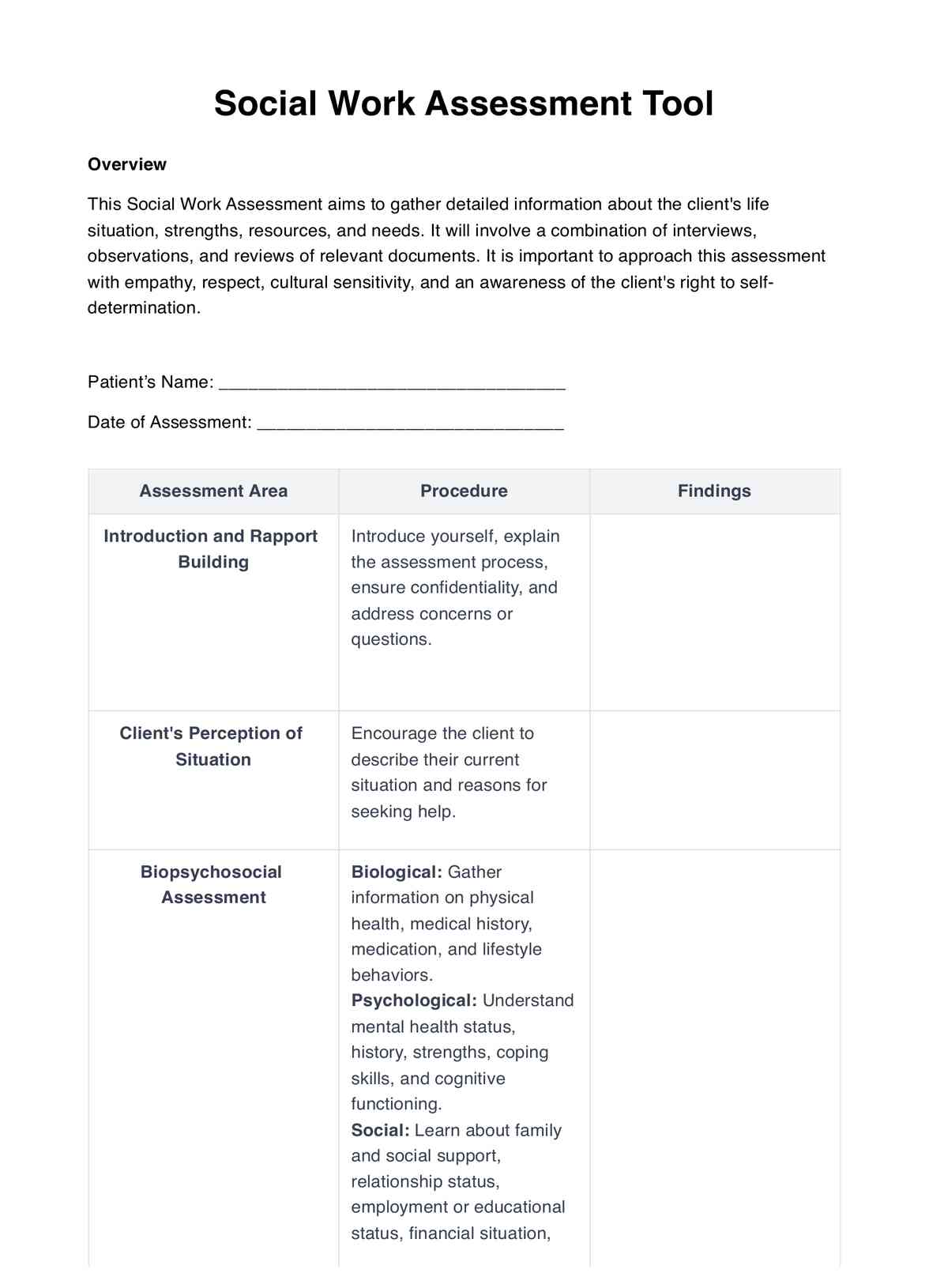
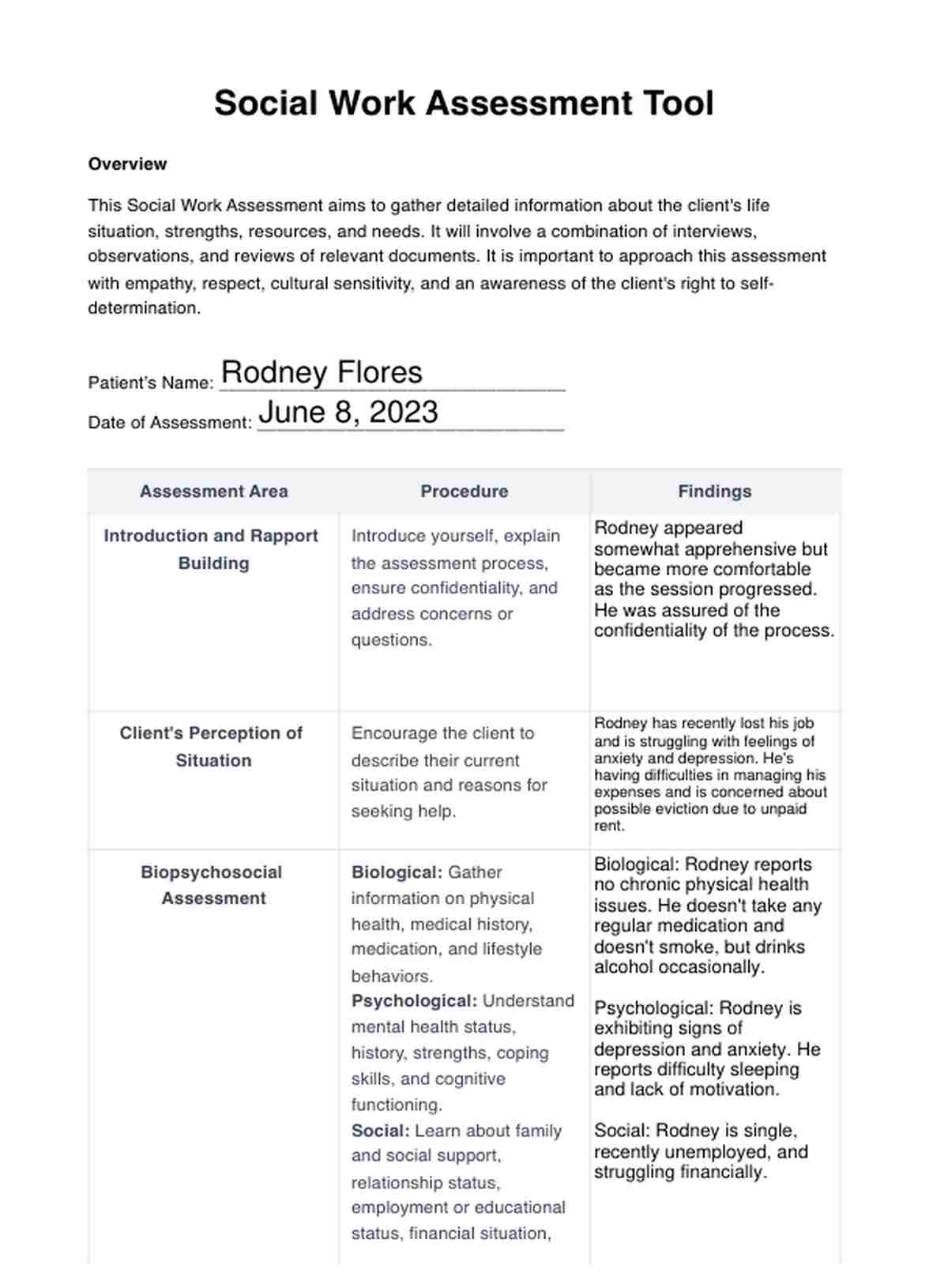

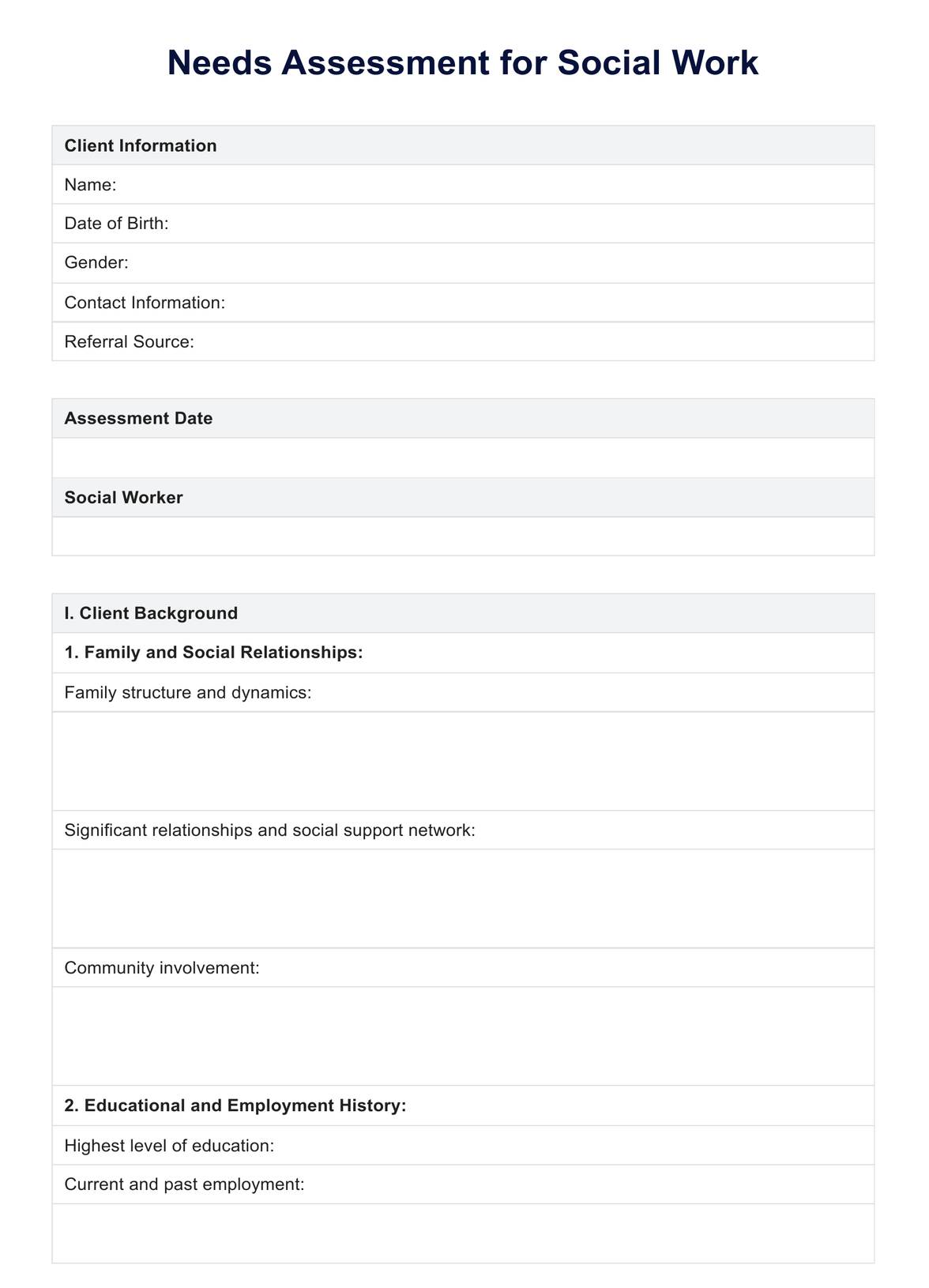













-template.jpg)






















































































